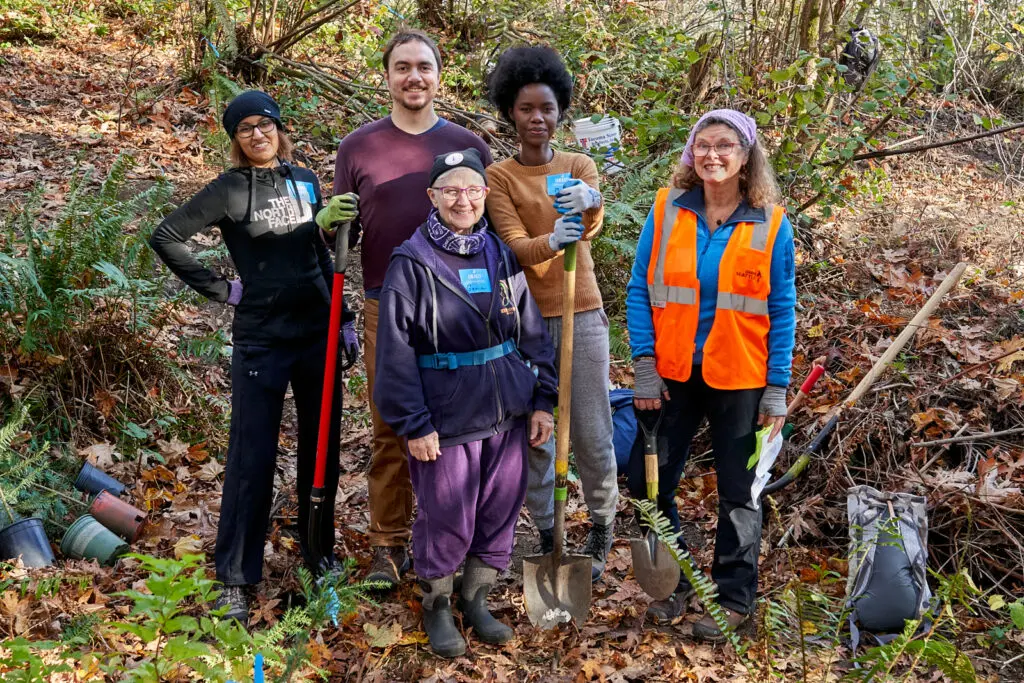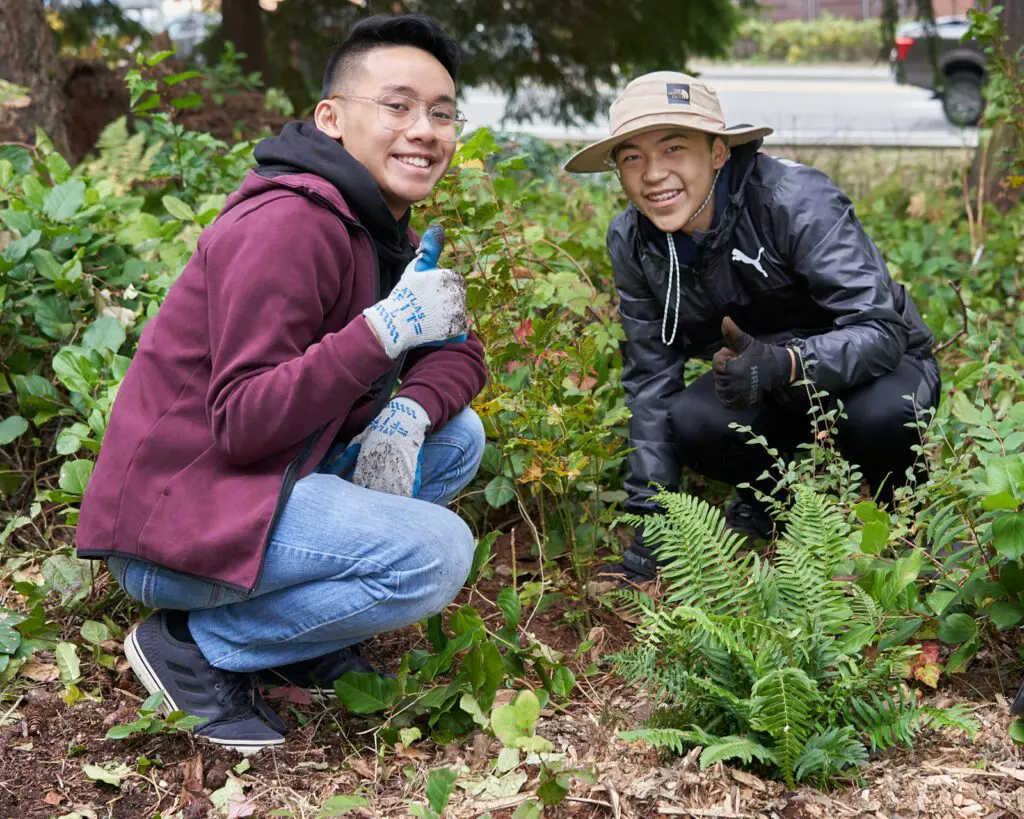The 500-plus-unit project planned for the prominent corner of 23rd and Union is the first apartment development in Seattle to use a local community ownership model for 20 percent of the units.
Hoping to slow the displacement of residents from Seattle’s historically black Central District, local community groups are trying a new approach: teaming with developers to co-own a new apartment project affordable to low-income renters.
The housing will be at the pivotal intersection of 23rd and Union in the Central District. Once a focal point for the local civil-rights movement, popular soul-food restaurants and live-music venues, the block now anchors a majority-white neighborhood that’s become known for protests against gentrification by both white and black residents.
A huge opportunity to shape the area surfaced a couple years ago, when a full block ripe for potential redevelopment came up for sale at the southeast corner of 23rd and Union.
On Tuesday, a coalition of local developers and community groups closed a $23.3 million deal to buy the 2.5-acre block, where the MidTown Center strip mall is now located.
It plans to build at least 520 apartments, about half of them affordable, subsidized units for lower-income renters.
Notably, the community group Africatown — which buys land to help the local black community thrive culturally and economically — will own one-fifth of the block and develop at least 120 of the new apartments. It will reserve the housing for local residents earning as little as $27,000, with one-bedroom rents as low as $720 — less than half the cost of the typical Seattle apartment.
Its mission has taken on more urgency as African Americans have dropped from 70 percent of the Central District’s population in the 1970s, to less than 20 percent now.
“Normally people just throw their hands up and say, ‘Gentrification is inevitable and part of the market,’ ” said Wyking Garrett, a founder of Africatown. “We can do something different, and we will.”
By itself, the 23rd and Union project represents one of the biggest affordable-housing developments in the city, which is desperate for new subsidized rentals to help a growing group of residents getting priced out. A lottery in February for an income-restricted building in South Seattle drew 20 applicants per apartment.
But the latest project is particularly noteworthy because of the unique way it’s organized.
Typically, affordable-housing projects are built by nonprofits, often using public funds, while private developers sometimes include a small number of subsidized apartments in their regular, market-rate buildings in exchange for city approval to build taller.
But the 23rd and Union plan puts a portion of the project under the ownership of the local community through what’s known as a community land trust.
That guarantees the housing will be affordable permanently, and gives locals — including people living on site — direct power in how the building is operated going forward. The rentals will be the first of their kind in Seattle, though statewide, there are similar programs covering several hundred affordable houses for ownership.
Backers of the 23rd and Union project hope their community-ownership plan will set a new model for other projects, both in the Central District and elsewhere. Already, residents in Little Saigon have inquired about launching a similar development in their neighborhood, where displacement is also an issue.
Hard to replicate
Still, the number of new units included in the development represents a fraction of the need, and there are tremendous barriers to building more. For starters, there simply isn’t enough land.
Doris Koo of the Yesler Community Collaborative, which was involved in the 23rd and Union coalition, noted that Mercy Housing last month received a $30 million grant from local billionaire Paul Allen to build housing for the homeless.
“They’ve been knocking on doors saying, we have $30 million, where can we find land,” Koo said. And they’ve been unable to find anything, she said.
Another issue is funding: Africatown is getting its stake in the project through local land-conservation group Forterra. After previous deals for the property with private developers fell through, the two nonprofits bid on the property by themselves several months ago, and were rejected.
Read the full story here.

